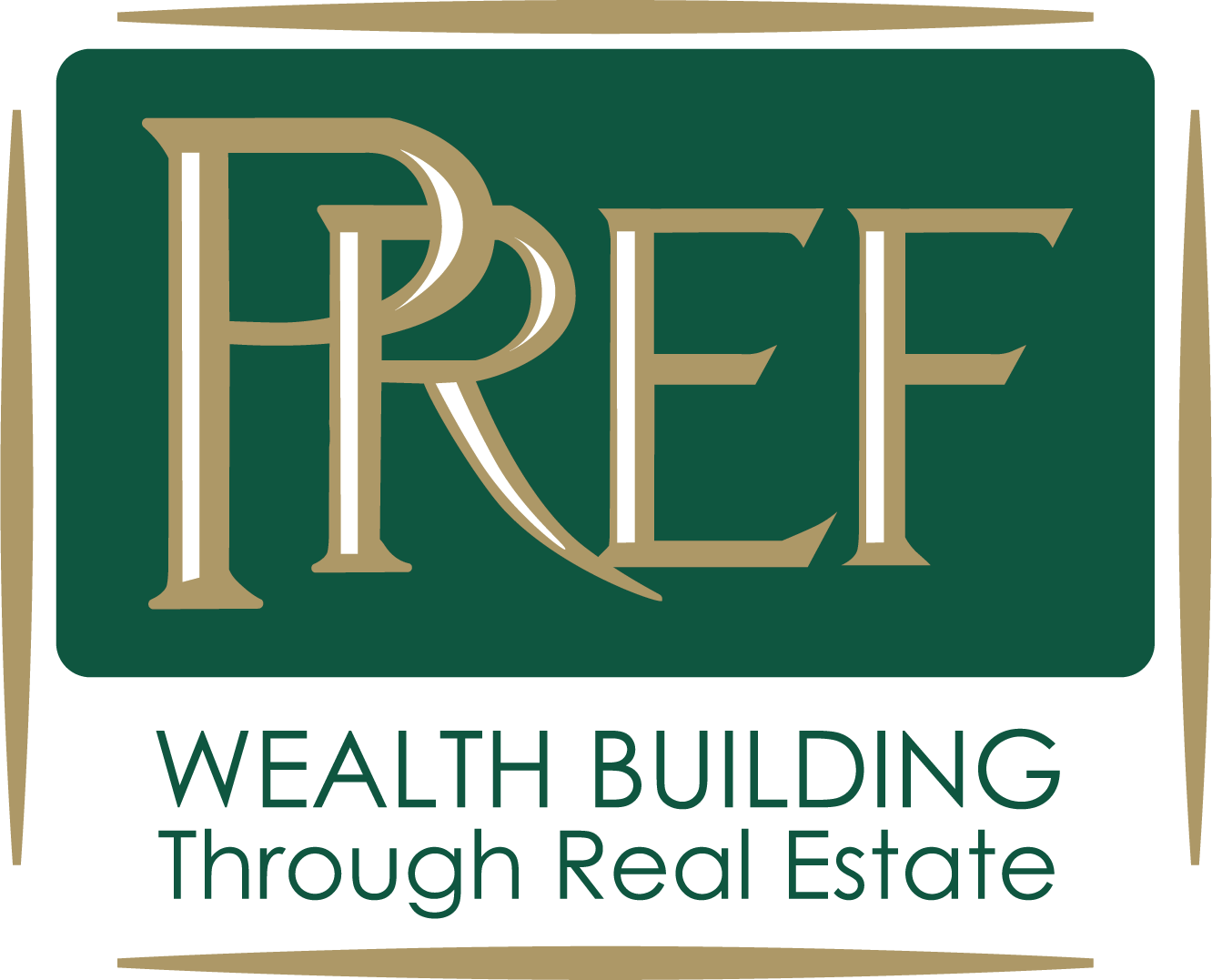The Only Thing We Have to Fear is Fear Itself
The Fog of Uncertainty
As we emerge from this imposed economic catastrophe caused by the fear of COVID-19, we need to consider how we take advantage of the investment opportunities it will present.
Investment strategies tend to be driven by people’s current perceptions. In times of distress, we assume it will last an exceptionally long time with a weak recovery. Yet in boom times, we feel like it will never end. To successfully navigate the choppy waters, you must keep your head and have a solid plan. It is good to start with what we know.
What We Know or Can Reasonably Assume
- We are faced with a virus for which there is no cure or vaccine and might not ever be one. The public has been scared to death even though the number of cases (relative to total population) is extremely low and primarily confined to an identifiable “at-risk population.”
- The nationwide lockdown has been an economic catastrophe. Many large businesses who were already struggling are filing for bankruptcy protection, and many small businesses will not reopen. The hospitality and travel industries have been decimated.
- Trends in consumer behavior, such as online spending, remote learning, and virtual meetings, will accelerate.
- Highly-leveraged businesses or properties with solid underlying fundamentals (but a short-term cash flow problem) represent the best investment opportunities.
- It will take years to fully recover.
Impact of Time
We will recover, but it will be slow and painful. Recessions tend to be short-lived, but their impacts linger far longer. For real estate, the recoveries from the late 1980s and 2008-09 recessions did not occur for three to four years after they were officially over. Some argue that the country didn’t recover from the Great Depression until the late 1930’s, despite the New Deal.
Also, there is much discussion whether the recovery from this recession will be V-, U-, or swoosh-shaped. Most professionals I’ve heard believe it will be U-shaped with a two-to-three-year time frame.
People’s Behavior Shifts
Factors instrumental to this recovery are shifting consumer habits, amended work habits and fear. These demand drivers, or retardants, will determine how we use space going forward. Even after these factors are better understood, it will be some time before space decisions are made and acted upon. This will significantly impact occupancy levels and rents, both of which drive value.
The Impact of Loans
The Wall Street Journal and others report that large public and private funds are accumulating a war chest to take advantage of distressed buying opportunities that could exceed those of the 2008-09 recession. In many cases, these funds are oversubscribed.
Historically, the best real estate deals emanating from downturns either come through lenders or result from loan pressure. This happens because until a property is foreclosed or taken back by the lender, the owner (borrower) still has a chance (at least in his mind) to recoup some equity, so he fights to the end to hold on or not sell at a discount.
However, those most leveraged, spread too thin or hardest hit by income loss eventually succumb. The lenders then own the property or force the borrower to recapitalize. Regulations make it prohibitive for lenders to keep properties for long. Plus, they are not set up to own real estate, so they typically sell it at a discount.
In the 2008-09 recession, bank failures exacerbated this situation. Currently, banks are more restrained in their lending and are better capitalized, so I do not expect similar discounts from them. On the other hand, private debt funds, who have borrowed money, seem to be at greater risk and might be a better source of deals.
However, this plays out, it will not happen overnight.
Role of Government
The federal government has injected several trillion dollars in financial stimulus to keep the economy from going into a free fall, and interest rates are practically at zero. I hate to think about where we would be without this.
While these actions accelerate the recovery, the federal government is notorious for adding rules and regulations which have unpredictable and sometimes undesirable effects on the market. Also, states and their governors are implementing their own set of rules and timetables for reopening their economies, acting independently of federal guidelines. This should give investors reason to pause.
Stan’s Advice
Be patient. Be really, patient. You are better off paying more for an asset later with more market certainty rather than jumping in too early, so you can beat everybody else to the bottom.
But being patient does not equal being inactive. Here is my advice:
- Wait until you can identify a clear trend or opportunity
- Do your research—there is lots of information available
- Look for a niche the major capital player will not see
- Keep your emotions in check
- Do not follow the pack
Following this advice ensures you stay ahead of the curve and are prepared when the time comes to act.
What are your investment strategies during the COVID climate? Do you agree or disagree with my advice?



